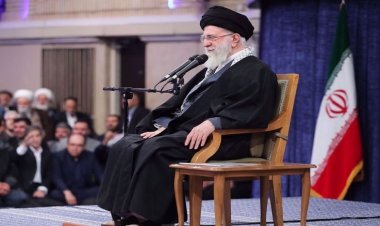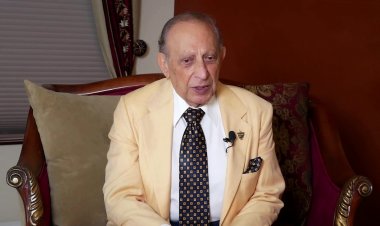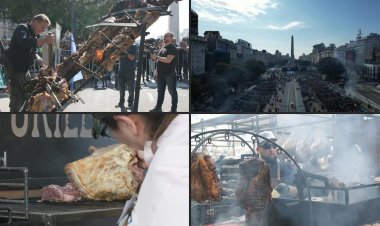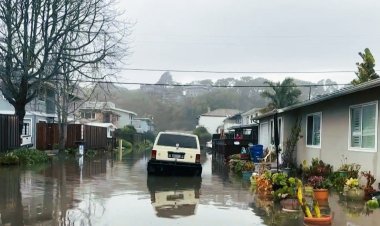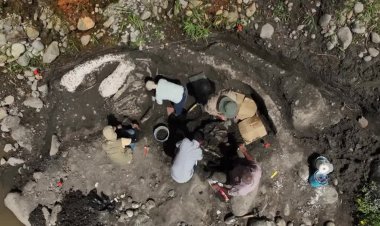Four decades after massacre, El Mozote residents still mourn
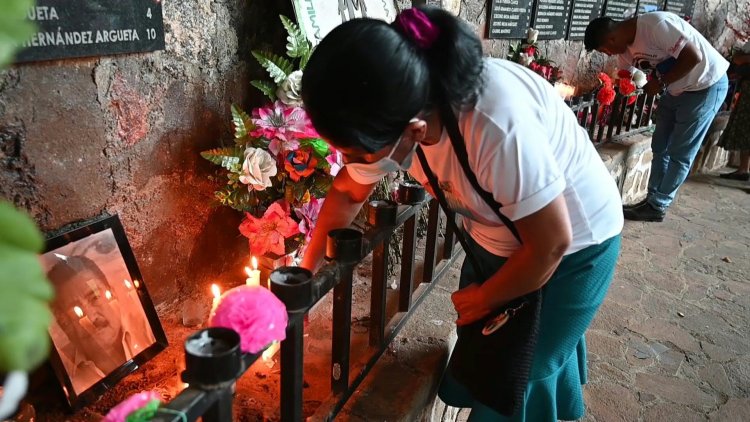
Twenty-nine years ago, as she was preparing the ground to rebuild her family home in El Mozote, El Salvador, Miriam Nunez found the bones of her in-laws scattered all over the property.
They were among the nearly 1,000 people -- half of them children -- massacred ten years earlier by government soldiers who accused the village of aiding leftist guerillas in El Salvador's bloody 1980-1992 civil war.
"I had to collect all the teeth of the little girls, small bones... fingers... and put them in a bag," Nunez said, forty years after the massacre for which no one has yet been held accountable.
The El Mozote massacre, which took place over five days in December 1981, was one of the deadliest in Latin American history.
Nunez, now 63, recalled coming across the bloodied dress of a little girl called Yesenia, then 18 months old, who would have become her sister-in-law, as well as the dentures of her mother-in-law.
In all, Nunez's husband Orlando Marquez lost 15 family members in the mass killing -- the worst episode of El Salvador's internal conflict, which in total left more than 75,000 dead and more than 7,000 people missing.
Three of Marquez's murdered relatives were children.
In 1981, the residents of El Mozote were living a peaceful life in the midst of war, raising beans, corn, sugar cane and cows among green hills some 200 kilometers (124 miles) east of the capital San Salvador.
Unbeknownst to many, a leftist rebel guerilla group was operating in the area.
Then on December 9, the country's military arrived in the region. Five days of bloodshed followed.
The deadliest day was the 11th, in El Mozote.




